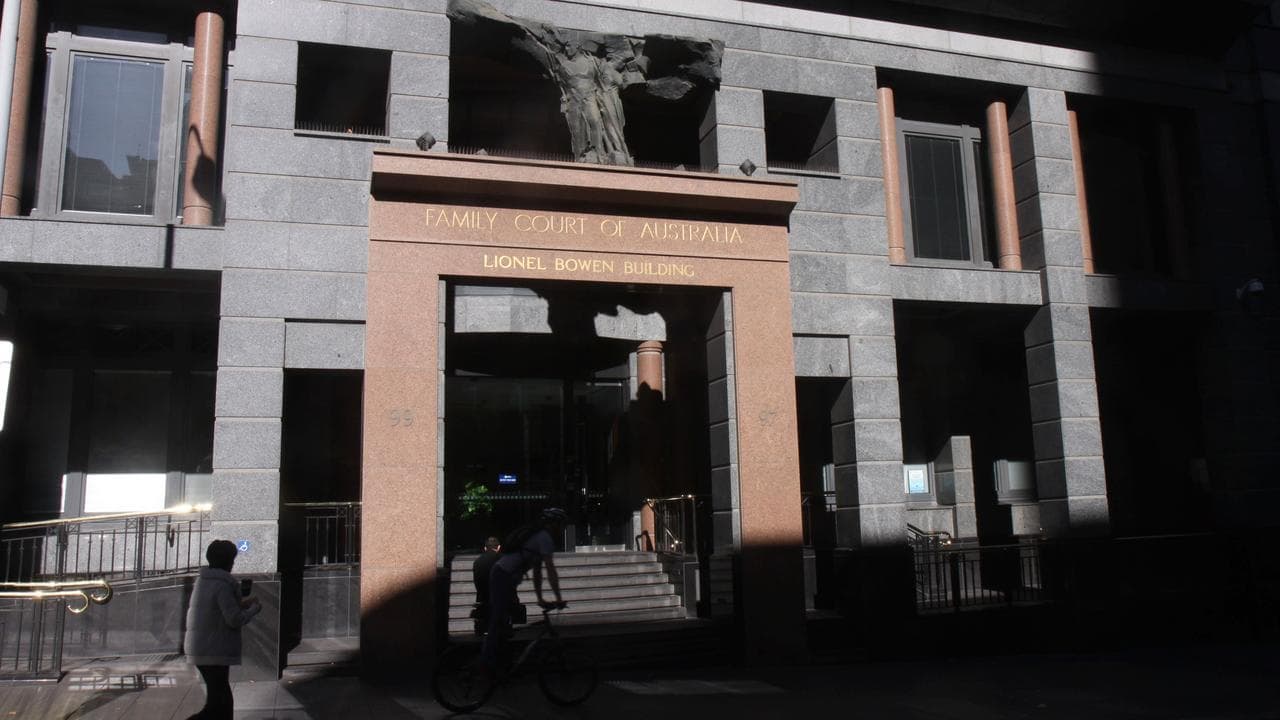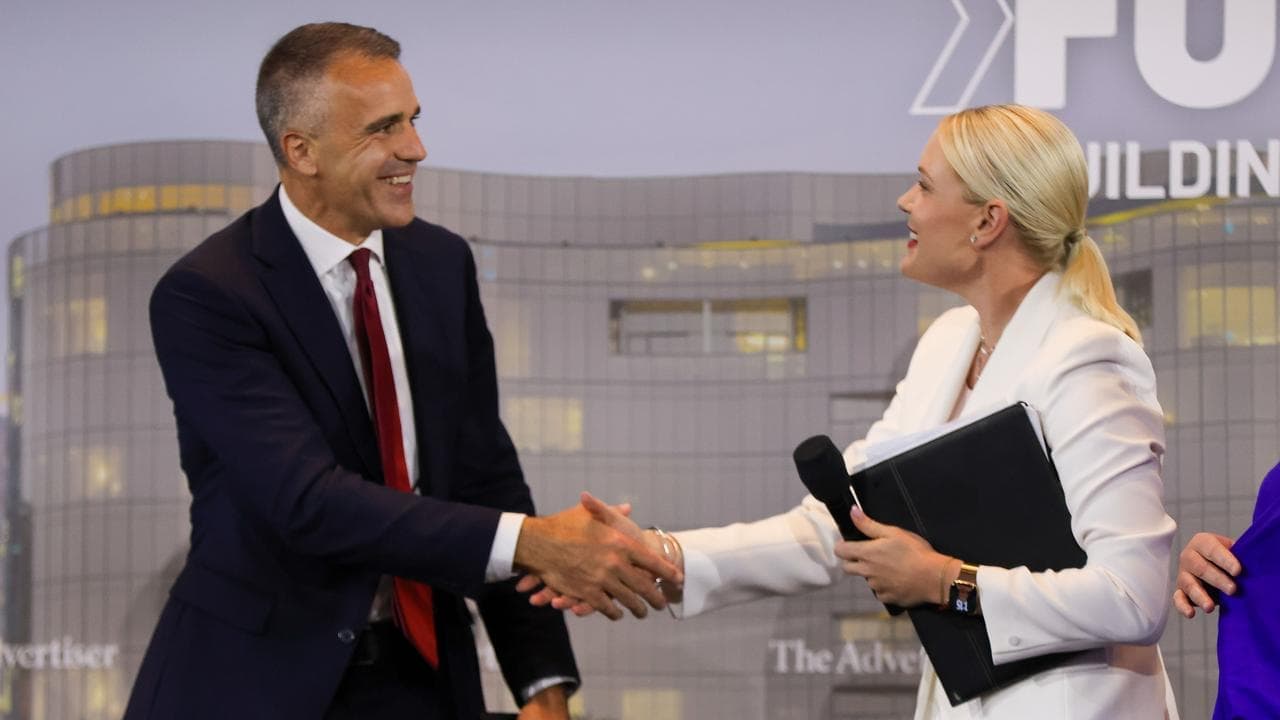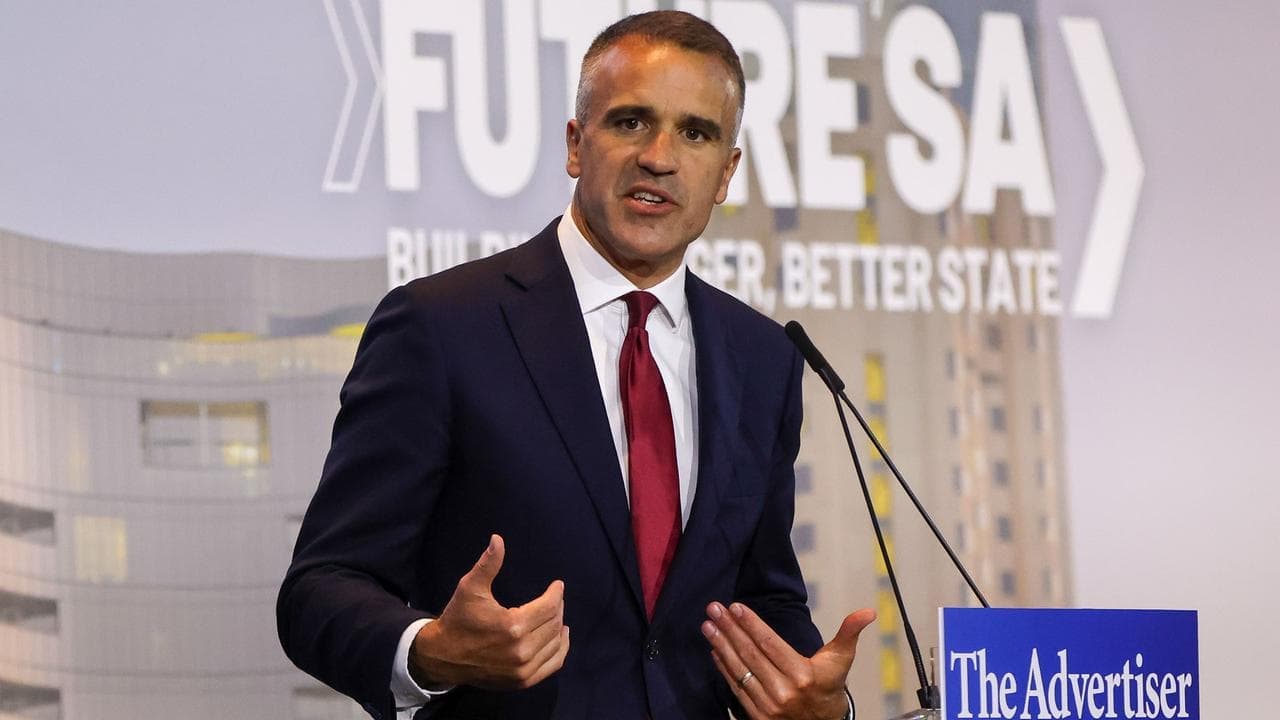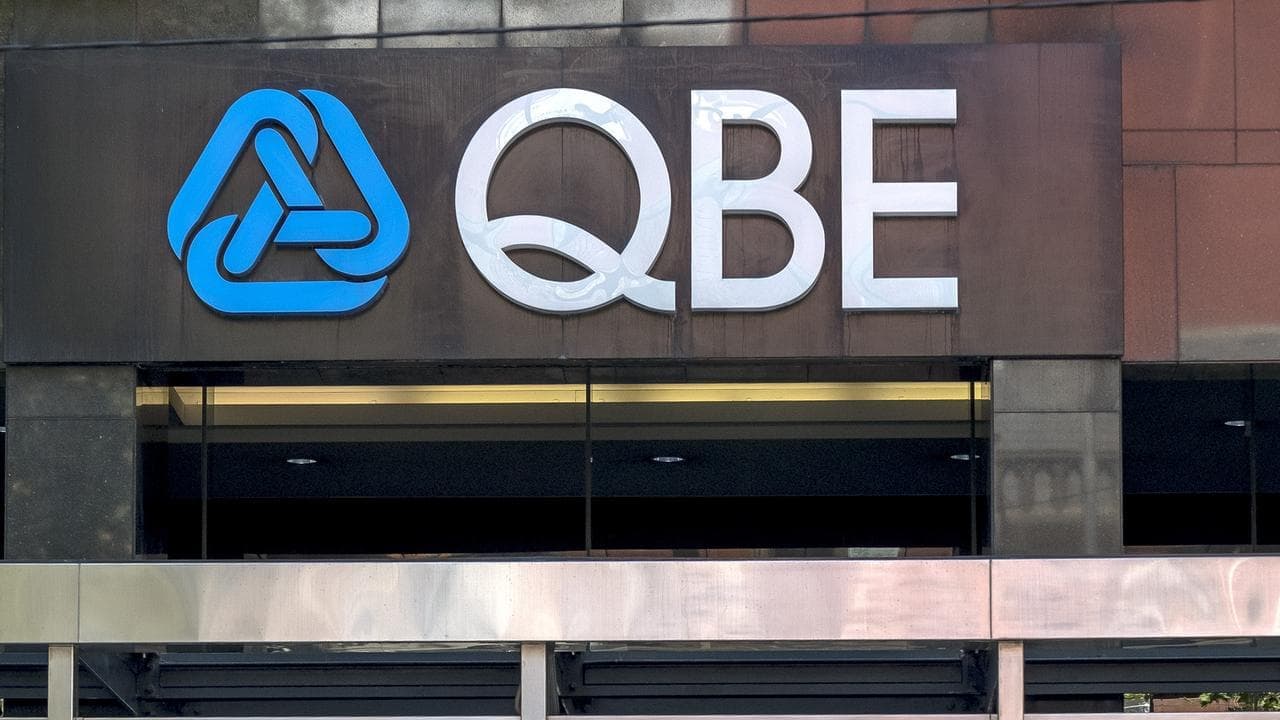WHAT WAS CLAIMED
Former US vice-president Mike Pence acted improperly by not excluding contested states’ votes from the 2020 US election result.
OUR VERDICT
False. Mr Pence had no power to exclude votes. Even if he did, no state legislatures formally contested the result of the public vote.
An Australian conservative commentator has posted a Facebook video resurrecting a conspiracy theory that former US vice president Mike Pence could and should have intervened to stop Joe Biden winning the 2020 election.
The claim is false. US constitutional law experts say Mr Pence's role was purely ceremonial and he had no legal mandate to intervene. Mr Pence has also confirmed he couldn't change the result.
The video also claims some swing states sent two sets of electoral college votes to Washington - one nominating Joe Biden for president and another backing Donald Trump - which should have led Mr Pence to exclude those states from the final tally.
This is also false. Republicans from some states submitted alternative electoral college votes to Congress but none of those votes were official.
The claims are made by Joel Jammal, an anti-lockdown campaigner who has made other false and misleading statements about global politics (see here and here).
In the Facebook video (screenshot here) recorded in Washington DC on November 1, Mr Jammal says: "What happened was there were these six or so states ... all these states that decided the race, where both the Republicans and the Democrats had sent their delegates and so there was a bit of confusion," (video mark 4min).
"Now, Mike Pence, what he was meant to do… he was meant to set those states aside and continue the count because there's obviously some confusion… he's meant to send those delegates back to the state legislatures ... and say: 'Which one am I meant to be counting, the Democrats or the Republicans?'."

He claims setting aside those states would have triggered a fallback mechanism called a contingent election in which each state would have had a single vote to choose the president, which would have resulted in Mr Trump's re-election.
But Mr Jammal's understanding of the US election system is out of step with US constitutional law experts, who say Mr Pence had no power to intervene.
US presidential elections are decided using an 'electoral college' system whereby each state nominates a group of official electors to formally vote for the president.
Most states have a 'winner takes all' system that awards all electors to the party whose presidential candidate won the state's popular vote among citizens.
Electors are formally nominated by state governors, who list the name of each elector on a signed and sealed 'certificate of ascertainment'. Nominated electors are then required to declare which candidate they are backing via an official 'certificate of vote' document sent to Congress.
The vice president's role in the electoral college process is outlined in the Twelfth Amendment to the US Constitution, which says the vice president, as president of the Senate, shall "in the presence of the Senate and House of Representatives, open all the certificates and the votes shall then be counted".
After the 2020 election, pro-Trump Republicans from Arizona, Nevada, Michigan, Wisconsin and Georgia sought to challenge Mr Biden's victory in their respective states by falsely declaring themselves to be "qualified electors" and submitting unofficial vote certificates to Congress that backed Mr Trump as their state's preferred president.
Trump supporters from Pennsylvania and New Mexico also submitted alternative vote certificates in favour of Mr Trump, but added the caveat that their votes should only be counted if they were later recognised to be "duly elected and qualified electors".
None of those alternative Republican elector slates were signed by the governor or paired with a certified certificate of assertion.
Mr Pence confirmed to Congress on January 6, 2021, that every vote certificate he counted was the only valid certificate of vote from that state.
Copies of the seven unofficial vote certificates are here. The genuine vote certificates for each US state can be seen here.
Following the election, the illegitimate Republican vote certificates were investigated as part of a criminal probe by the US Department of Justice into attempts to prevent a peaceful transition of power.

Carolyn Shapiro, a US constitutional law expert at Chicago-Kent College of Law, told AAP FactCheck that Mr Jammal's interpretation of events was "absolutely false, as a matter of fact and as a matter of law".
"Every state has a procedure for contesting election results. Each state is slightly different, but there are opportunities for things like recounts and judicial review, at least when the outcome is narrow enough," Professor Shapiro said in an email.
"The Electoral Count Act also provides for a process by which the official results are certified by executive officials in each state, which also occurred. So by the time the electors met and voted (for their preferred presidential candidate) in December, there were no contested elections.
"Nonetheless, Trump and his supporters asserted that there were contested results - an assertion that was false. And groups of individuals in several states claimed to be Republican electors and submitted their votes as if the result had been different in their states.
"That is not the same thing as a state submitting alternate slates. It is a group of individuals abrogating the law."
Mr Jammal is also wrong on the broader point Mr Pence could have or should have intervened in the election process.

Prof Shapiro told AAP FactCheck the US constitution "says nothing whatsoever" about the vice president's power to discard electoral college votes from the final count "and not once since 1789, when the constitution was ratified, or since 1804, when the twelfth amendment was ratified, has a vice-president done so".
Claims Mr Pence could have changed the 2020 election result have been repeatedly debunked by US fact-checkers and constitutional experts (see here, here, here, here, here and here).
Matthew Hall, a constitutional studies professor at the University of Notre Dame, told USA Today that claims Mr Pence could unilaterally overturn the election result were "patently absurd".
The Verdict
The claim Mike Pence acted improperly by not exercising his power to exclude contested electoral college votes after the 2020 US presidential election is false. US constitutional experts say the vice president had no lawful powers to intervene and discount votes on January 6, 2021.
Additionally, every state supplied Congress with only one formal set of electoral college votes. Some Republicans sent the vice president alternative electoral college vote declarations that backed Mr Trump, but these were not official and were not certified by the relevant state governors.
False - The claim is inaccurate.
AAP FactCheck is an accredited member of the International Fact-Checking Network. To keep up with our latest fact checks, follow us on Facebook, Twitter and Instagram.












